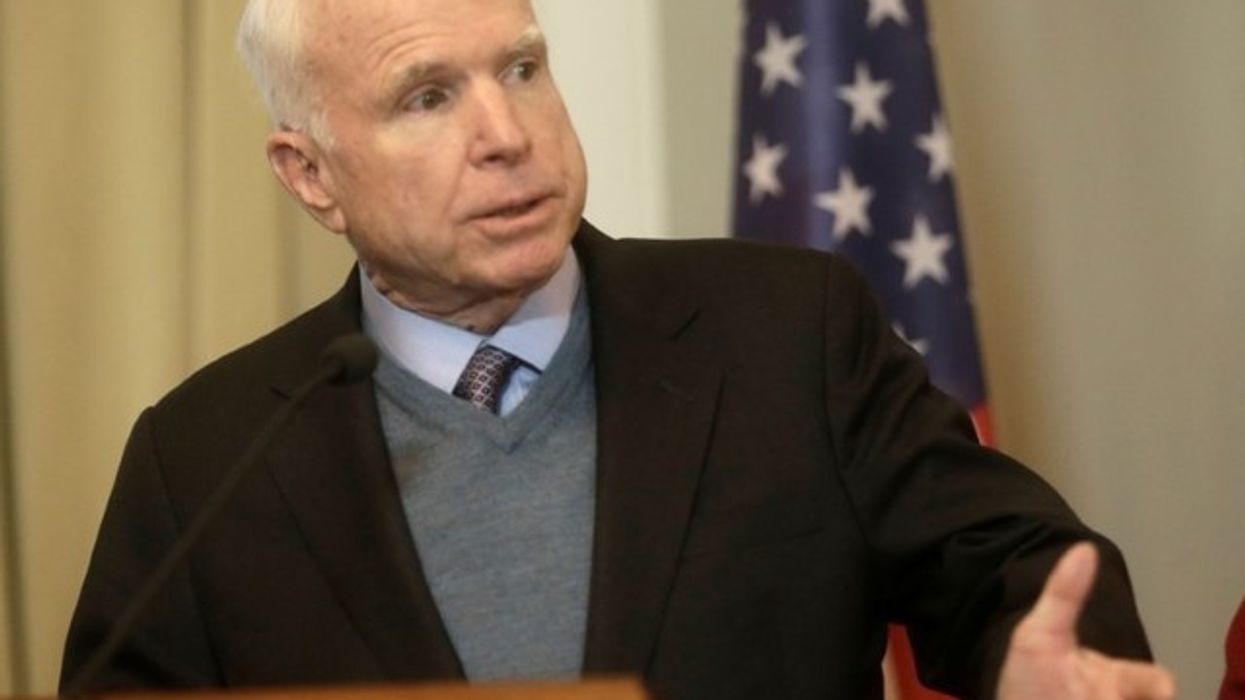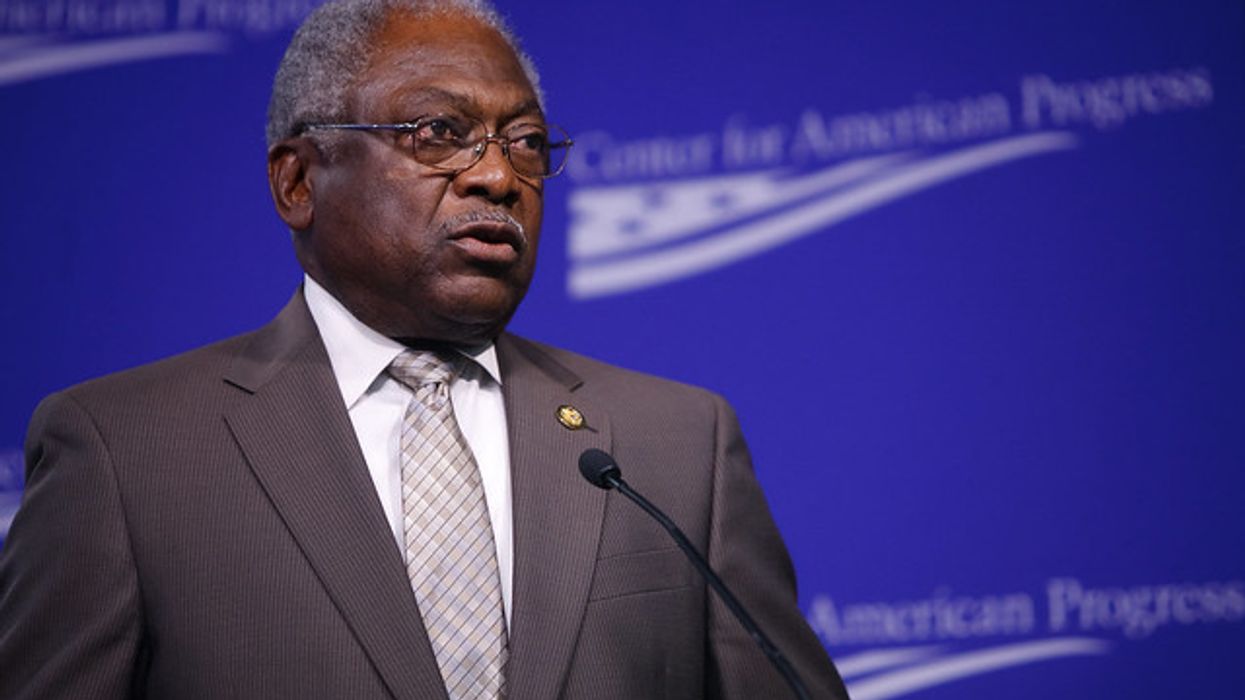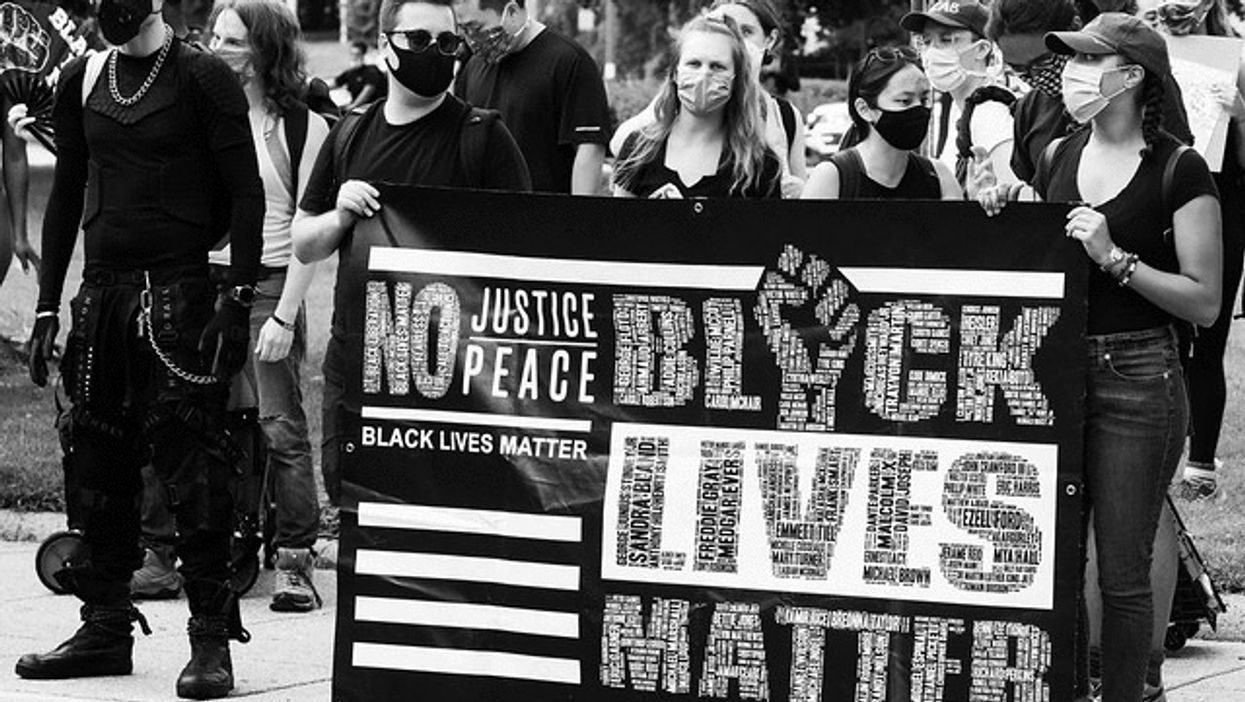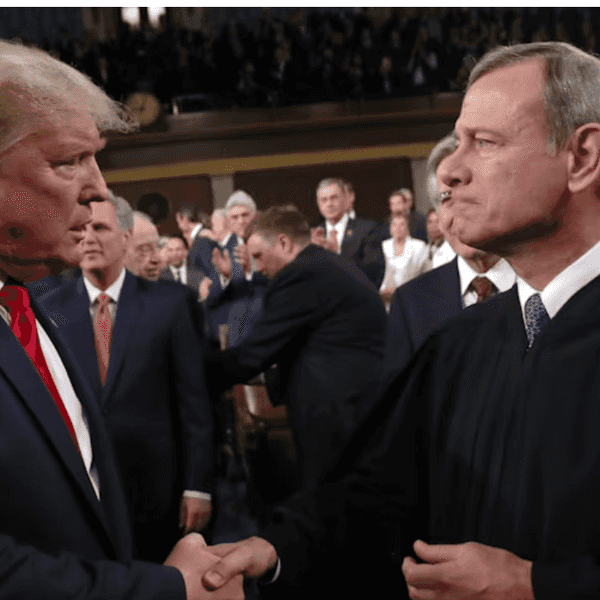Are Americans Comfortable With The Unimaginable -- Or Have We Reached Our Limit?
As the 2008 presidential primary season was in full swing, a lineup of Republican hopefuls competed with one another on a debate stage in Columbia, S.C., each hoping to rise to the top of the primary pack by proving he was the toughest one of all.
Since it was a string of white men wearing the political uniform of dark suit and red or blue tie at that 2007 event, standing out was difficult. But that didn’t stop each one from trying to grab the spotlight, especially when the topic of a hypothetical terrorist attack was raised.
How far could one go to make a suspect talk?
Then-Rep. Tom Tancredo name-checked Jack Bauer, the fictional hero of the then-popular Fox TV series 24. Bauer was known to do whatever he deemed necessary, including utilizing every manner and instrument of torture, all to save the day before the ticking clock ran down. And — unlike in real life, according to military and intelligence professionals — the tactic always worked.
Duncan Hunter, once a congressman from California, said he would tell the secretary of defense, “Get the information,” an order Pete Hegseth, the current “secretary of War,” as it’s noted on his office door, would relish. Neither Mitt Romney, Rudy Giuliani nor anyone else objected.
It was only the late Sen. John McCain of Arizona who offered an opposing view. “It’s not about the terrorists, it’s about us,” he said. “It’s about what kind of country we are.”
That the only one who had actually been tortured, during years in a North Vietnamese prison, condemned an “anything goes” approach impressed me, if not my fellow spectators, who held back the cheers that had greeted lusty calls for vengeance in place of justice.
The audience clearly preferred Jack Bauer, convincingly played by Kiefer Sutherland.Maybe a lot of Americans still do.
Bauer was, after all, a man of action, someone who solved big problems just after the commercial break cliffhanger. He didn’t bother with nuance, second-guessing or consideration of the stated ideals of the United States of America, which frown on such things as constitutional and human rights violations.
Much of the appeal of Donald Trump was — is — that he does things without bothering to pay attention to laws, traditions or anyone’s opinion but his own. That’s how you get a White House East Wing being gutted to make way for a ballroom. An official America that acts first and asks questions later, if at all, has been on full display.
This week, Hegseth announced six deaths, the result of U.S. weaponry hitting two boats suspected of being involved in narcotics smuggling; the death toll is now at least 76 in such strikes, all without public evidence or congressional approval.
Disturbing videos continue to come out of Illinois, where, in one of the latest incidents, a man accused ICE agents of allegedly spraying a chemical substance into his car, affecting members of his U.S. citizen family, including his 1-year-old daughter. As usual, the Department of Homeland Security disagrees.
A New York Times report, based on interviews, has described the horrific conditions in a maximum-security Salvadoran prison where the Trump administration, without details or due process, sent Venezuelan men it insisted were terrorists.
No one — not teachers, clergy carrying the Eucharist or protesters protected by the First Amendment — has been spared.
Some of the victimized may have committed crimes, as the administration asserts, although videos often contradict that claim. Doesn’t everyone deserve the presumption of innocence and, once in custody, humane treatment? That’s especially true when the perpetrators are not rogue vigilantes but supposedly trained members of law enforcement, representatives of the U.S. government, following orders and paid by taxpayers.
However, if it’s action you want, Trump is the quintessential epitome of it. And if he and his supporters in the Cabinet and Congress use the levers of government to pardon cronies and punish enemies, well, it’s easier to become a “friend” than fight back, a conclusion that many, including former foes, seem to have arrived at barely a year into an exhausting second term.
Yet there are many Americans who have misgivings and seem to have remembered those throughout the country’s history who fought against injustices when it seemed all but hopeless.
The millions who came out for last month’s “No Kings” rally expressed their “love,” not “hate,” for America, no matter what Speaker of the House Mike Johnson claimed before anyone took to the streets. Quite a few of them showed up at the polls on Election Day, giving the far-from-perfect Democrats key victories in red and blue states.
In an essay in The Atlantic, Ronald Reagan-appointed judge Mark L. Wolf explained why he was stepping down: “The White House’s assault on the rule of law is so deeply disturbing to me that I feel compelled to speak out.”
And while the president of the United States went to court to fight for the right to withhold needed SNAP benefits to those worried about feeding their kids, neighbors, food banks, restaurant owners and Americans who themselves are struggling pitched in.
It’s important to note, in the week that honors veterans who sometimes fought against long odds, that all is not rosy.
The future of affordable health insurance is uncertain, hinging on promises from a GOP that seems ambivalent, at best, when it comes to the plight of citizens without access to a fraction of the health care benefits that members of Congress enjoy.
And those federal agents, led by an administration that packages its own splashy ICE marketing videos, may be on their way to your city, especially if you elect a Democratic leader.
Maybe McCain, who seemed a lot more positive about the kind of country we are than his fellow debaters that night, might be disappointed, and shaken, to see a country and his party today, in thrall to a man who disrespected the naval aviator’s service when he was alive and only reluctantly agreed to honor his memory.
Or maybe the man, who with a “thumbs down” once quashed the Republican and Trump plan to repeal the Affordable Care Act, would have faith that Americans who are showing signs of life, and fight, will determine “what kind of country we are.”











